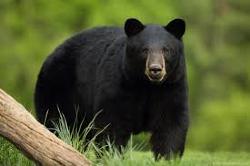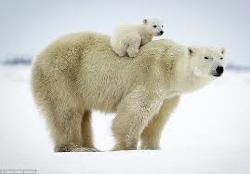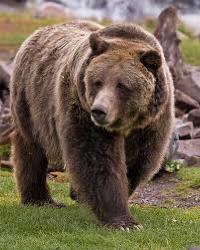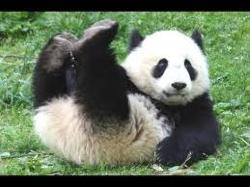ashley0323
Novice Camper
I am totally curious. Where you live, when you go camping, do you have to worry about bears being around? More specifically, while sleeping, could bears just walk up to your camp site if they desired? This is something I have always seen in movies, and I have always feared this since I was a young child. Now that I am an adult, 22 years old, I find out that we dont even have wild bears in my state. LOL




